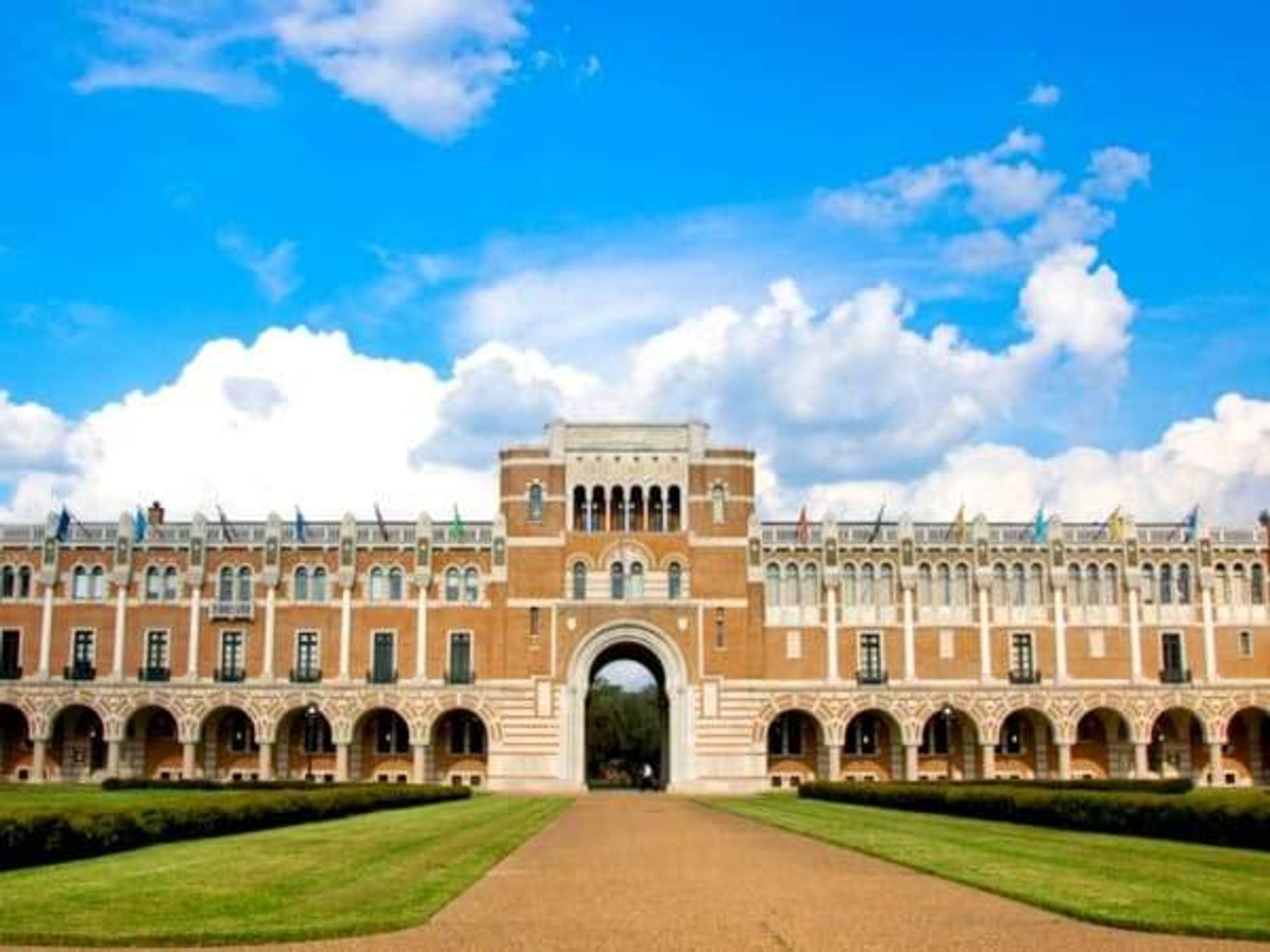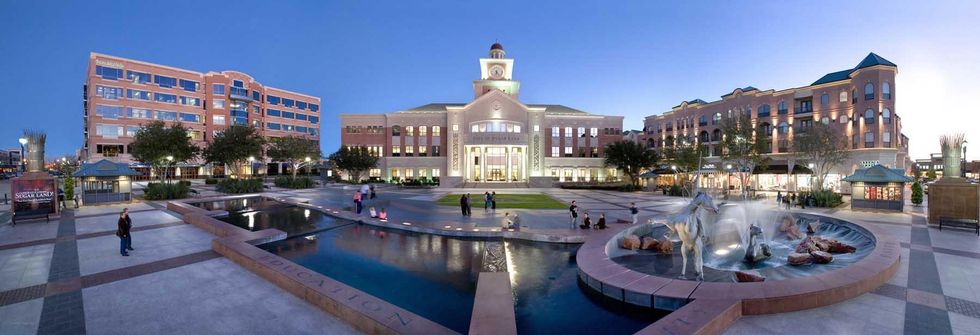Survey Says
New Klineberg survey reveals a love for urban living, no big belief in globalwarming
 Stephen Klineberg
Stephen Klineberg Your new neighborhood?
Your new neighborhood?
A thirst for denser urban design and faith in Houston's future characterize the results of the 2011 Kinder Houston Area Survey. Now in its 30th year, the document serves as a benchmark of Harris County residents' experiences, demographic patterns, attitudes and beliefs. The process is overseen by Rice University professors Stephen Klineberg and Michael Emerson, directors of the Kinder Institute for Urban Research.
The survey's data was culled from a representative sample of 750 Harris County residents (including 240 cell phone respondents) contacted by the Survey Research Institute of the Hobby Center for Public Policy at the University of Houston.
"One of the most important findings of this year's study is that 45 percent of Harris County residents want to live in more urbanized neighborhoods with homes that are in walking distance to work, shops and restaurants," Klineberg tells CultureMap. "It's a solid finding. You've got a bunch of young professionals, either single or married with no children, and then all these empty nesters with 30 years ahead of them who also want to live in urban areas."
Klineberg cites downtown as among the neighborhoods receiving a response in the new demand for urban environments. "You can see it happening already. The $4.5 billion in downtown revitalization is starting to pay off," he says. "Downtown has the best law firms, banks, theater district and restaurants. There's a lot of appeal."
The skyline isn't the only area that we'll witness residential growth. "One thing that Houston does is respond to demands in the pursuit of profit," Klineberg says. "You'll see growth along the 65 future METRO Rail stops and a focus on building high rises and transit-oriented communities with amenities like sidewalk cafés."
The pro-growth agenda looks past previous complaints. Those who responded as "very concerned" about the effects of air pollution fell from 52 percent in 2005 to 43 percent in 2011. Forty eight percent of residents attribute global warming to "normal climate cycles" rather than to "human activities." The number of residents "very worried" about being the victim of a crime dropped from 31 percent in 2008 to just 20 percent this year.
Similarly, the percentage of residents who believe traffic has gotten worse dropped from 67 percent in 2005 to 57 percent today. "I think people have gotten used to the shock of horrible traffic," Klineberg suggests.
Residents are enthusiastic about Houston for having the lowest cost of living among major cities in the U.S. Still, the official unemployment rate in Harris Country grew from 4.1 percent in Feb. 2008 to 8.4 percent in 2011. "The bleeding has stopped, but residents see no robust recovery in the future," Klineberg says.
Tellingly, the proportion of area residents who were confident that young people in America will eventually have a higher standard of living than that of adult Americans today dropped from 43 percent in 2007 to just 31 percent in 2011.
Increasingly, Houstonians recognize the vital role of education for obtaining prosperity in the local economy. The percent of those surveyed who spontaneously mentioned education when asked to name the biggest problem facing Houston jumped from just 1.7 percent in 2009 to 7.6 percent in 2011.
Ambivalent attitudes prevail regarding immigration. Since 2009, those in favor of "imposing fines and criminal charges against employers in this community who hire illegal immigrants" dropped from 68 percent to 58 percent, reflecting an increased tolerance for immigrants. Still, 50 percent believe that increasing immigration into the United States "mostly threatens American culture."
Houston is also divided on marriage customs. Among Anglos under age 30, 93 percent approve of racial intermarriage compared to 69 percent of Anglos aged 60 or older. Regarding gay marriage, 44 percent agree that "Marriages between homosexuals should be given the same legal status as heterosexual marriages," reflecting an increase from the 32 percent figure in 2007.
The reigning hometown pride expressed by Houstonians remains one of the survey's most intriguing findings. Area residents deeming "the Houston area in general as a place to live" as "good" or "excellent" grew from 75 percent in 2008 to 82 percent in 2010. In 2005, 78 percent thought this region was a slightly or much "better place" in which to live in comparison with most other urban areas. Those positive evaluations expanded to a monumental 90 percent in 2011.
Explains Klineberg, "The great strength of Houston is that people who live here love it here. But we have to become a destination of choice to attract talent through our greenway initiative, improving air pollution, building more parks, planting trees and retaining first class arts venues to make this city a more attractive place to live."
Editor's note: Klineberg will present the full survey at noon Wednesday at the Hyatt Regency Houston in a Greater Houston Partnership Luncheon.





